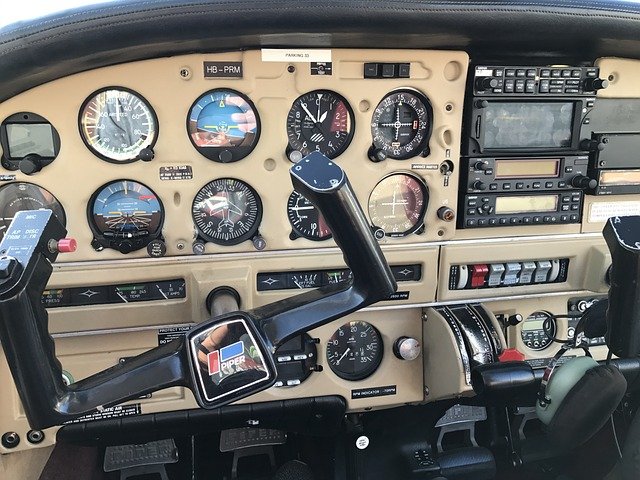Launching Your Aviation Career: A Comprehensive Guide to Aviation Training
The aviation industry offers exciting career opportunities for those passionate about flying and aerospace technology. From commercial pilots to air traffic controllers, the field provides diverse pathways for individuals seeking a dynamic and rewarding profession. Understanding the right training approach can transform your aviation dreams into a successful career.

What is Aviation Training?
Aviation training is a comprehensive educational process that prepares individuals for various roles within the aerospace industry. It encompasses theoretical knowledge, practical skills, and specialized certifications required to work in different aviation-related positions. Students learn critical skills including aircraft operations, navigation, safety protocols, and technical maintenance.
Choosing the Right Aviation Academy
Selecting an appropriate aviation academy is crucial for your career development. Top institutions offer comprehensive programs that combine classroom learning with hands-on flight experience. Key factors to consider include accreditation, instructor qualifications, training aircraft, simulator technology, and industry connections. Look for academies with strong track records of student placement and comprehensive curriculum covering both theoretical and practical aspects of aviation.
Career Paths in Aviation
The aviation industry presents multiple career opportunities beyond becoming a pilot. Potential career paths include:
-
Commercial Airline Pilot
-
Private Jet Pilot
-
Flight Instructor
-
Air Traffic Controller
-
Aircraft Maintenance Engineer
-
Aerospace Technician
-
Airport Operations Manager
Training Requirements and Certifications
Successful aviation careers require specific certifications and continuous learning. Typical requirements include:
-
Private Pilot License (PPL)
-
Commercial Pilot License (CPL)
-
Instrument Rating
-
Multi-Engine Rating
-
Airline Transport Pilot License (ATPL)
Aspiring aviation professionals must also pass rigorous medical examinations and maintain ongoing training to stay current with technological advancements and safety regulations.
Aviation Training Providers Comparison
| Provider | Program Types | Training Duration | Estimated Cost |
|---|---|---|---|
| Embry-Riddle Aeronautical University | Comprehensive Degree Programs | 2-4 Years | $40,000-$120,000 |
| Boeing Flight Academy | Professional Pilot Training | 18-24 Months | $30,000-$80,000 |
| CAE Aviation Training | Global Pilot Programs | 12-18 Months | $35,000-$90,000 |
Prices, rates, or cost estimates mentioned in this article are based on the latest available information but may change over time. Independent research is advised before making financial decisions.
Conclusion
Aviation training represents an investment in a potentially rewarding career with opportunities for personal and professional growth. By carefully selecting the right academy, understanding career paths, and maintaining commitment to continuous learning, aspiring aviation professionals can successfully navigate their journey in this dynamic industry.




